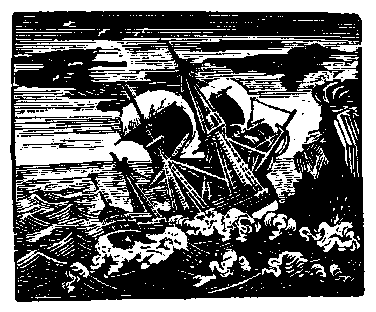Disability and Russia, and
The Whaleship Essex
I want you to know that this is the most beautiful review thus far. It matches (finally) the passion of the book and all I could keep saying was "Thank god, someone has really gotten what the book is about!!!" I loooooove it and you have warmed my heart immensely.
Holly Smith
hsmss@co.boulder.co.us>
Thank you for sending us the article on "Disability and Russia" which has been posted in this issue of RALPH. I hope this letter reaches you before they consign you to the gulag.
Your speech was great. I only wish you had space to recount the story of Senator Margaret Chase Smith, the self-
However, in your Tennyson quote, you got it wrong.
It matters not how strait the gate, This is hardly Tennyson, no matter what sticks in your mind (and, presumably, FDR's). It's William Ernest Henley (1849 - 1903), who, interestingly enough, wrote it when he was in hospital. He had tubercular arthritis, had had his left foot amputated, and went to Joseph Lister's Infirmary in Edinburgh to try to save the other from being lopped off as well. The poem appeared in "Hospital Sketches" which my friendly Oxford Companion to English Literature says is "a striking record of this grim ordeal." The most famous, "Invictus" --- "Out of the night that covers me" --- was written by Henley in 1875. Robert Lewis Stevenson claimed that his friend Henley was "boisterous and piratic," and that he used him as his inspiration for the character in Treasure Island, Long John Silver.
As you know these puzzling lines of Henley used to be everywhere. When I went to the penny arcade at our local boardwalk in Pablo Beach, there was a machine which, for a penny, would deliver "Your Fate & Fortune." It had a back-lit etching of a sailor in foul weather gear, manning a ship's helm. Circling continuously about his head were the very words that you --- and Roosevelt and, alas, I --- have never been able to forget. "Master of my fate ... captain of my soul."
How charged with punishments the scroll,
I am the master of my fate:
I am the captain of my soul...

Surfing through the net, and looking to find the title of a book that I read last year and forgot, Google found you. The title was, "The Tragedy of the Whaleship Essex."
I wish I could contribute, but I'm old, poor, forgetful and the rest, but I was tickled in my search to find you.
Your review is "right on" and I wish your effort to continue. I will point my local library to your site.
beehive@fcc.net>